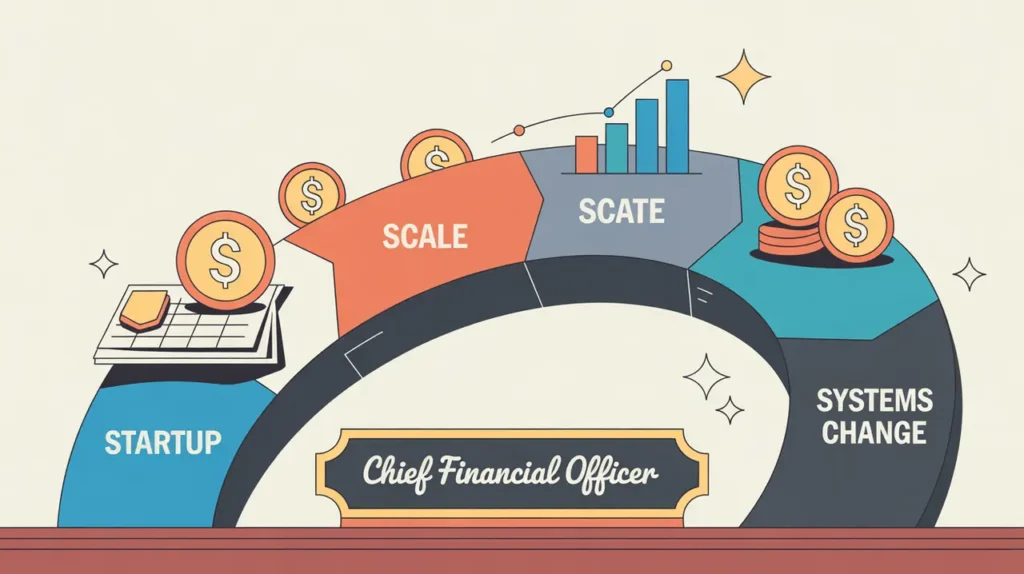What Does the Compliance Officer Role Involve?
A compliance officer ensures that an organization adheres to relevant legal, regulatory, contractual, and internal standards. This involves monitoring organizational activities, conducting audits, interpreting regulations, advising staff on compliance requirements, and addressing potential risks. The role often bridges operational teams and leadership, ensuring that policies and procedures are implemented consistently across the organization. In both nonprofits and social enterprises, compliance officers play a vital role in maintaining accountability, protecting organizational integrity, and ensuring that programs and operations meet required standards.
At What Level does this Role Operate?
Mid to Senior Level: This role typically reports to a compliance manager, director, or chief risk officer. Compliance officers are expected to work independently in monitoring and enforcement activities while collaborating closely with program, finance, legal, and operational teams.
Relative Employability: Compliance officer roles are in consistent demand across nonprofits, social enterprises, philanthropic institutions, and public agencies, particularly in organizations with complex funding structures or international operations. Professionals with a solid grasp of regulations and the ability to operationalize compliance frameworks are highly valued.
Relative Pay Scale: Within nonprofits and social enterprises, compliance officer roles generally sit in the mid to upper mid pay bands, reflecting their specialized expertise and organizational accountability.
What are the Key Responsibilities and Activities?
- Monitor organizational activities to ensure compliance with legal, regulatory, and contractual requirements
- Conduct internal audits and risk assessments to identify potential compliance gaps
- Interpret relevant regulations and advise teams on how to apply them to operations and programs
- Coordinate with departments to implement policies, procedures, and corrective actions
- Prepare compliance reports for management, boards, funders, or regulatory bodies
- Train staff on compliance obligations, policies, and procedures
- Track changes in regulatory environments and ensure timely organizational response
- Support investigations and remediation when compliance issues arise
What Core Competencies and Qualifications are Needed?
Required Qualifications and Experience
The following reflect common qualifications and experience expected for this role, while recognizing that pathways may vary by context, organization, and region.
- Relevant academic background in law, business administration, public administration, finance, or a related field, or equivalent professional experience
- Several years of experience in compliance, legal, audit, or risk management functions
- Strong understanding of regulatory environments, donor requirements, and organizational policies
- Proven ability to interpret complex regulations and translate them into operational practices
- Experience conducting audits, investigations, or compliance reviews
Key Competencies
- Regulatory and analytical expertise
- Strong communication and advisory skills
- Risk assessment and problem-solving abilities
- Organizational and reporting skills
- Integrity and sound judgment in decision making
- Ability to work collaboratively across departments
How are AI and Automation Shaping this Role?
An AI-native compliance officer will look to AI and automation to enhance monitoring, risk detection, and reporting accuracy. They can use AI tools to track regulatory updates, flag anomalies in data, and identify potential compliance gaps in real time. Automation can support audit workflows, documentation, and regulatory reporting, allowing the officer to focus on interpretation, strategic application, and enforcement. By integrating AI thoughtfully, compliance officers can increase their effectiveness in safeguarding organizational accountability and responsiveness.
What Career Pathways and Transferable Skills are Associated with this Role?
Compliance officer roles offer strong progression opportunities toward compliance manager, director of compliance, chief risk officer, or legal and governance leadership roles. The skills developed here include regulatory analysis, risk management, auditing, and cross-functional collaboration. These skills may be transferable across nonprofits, social enterprises, corporations, philanthropic institutions, and public sector organizations. Professionals in this role build the expertise needed to guide organizations through complex regulatory landscapes and strengthen governance practices.







